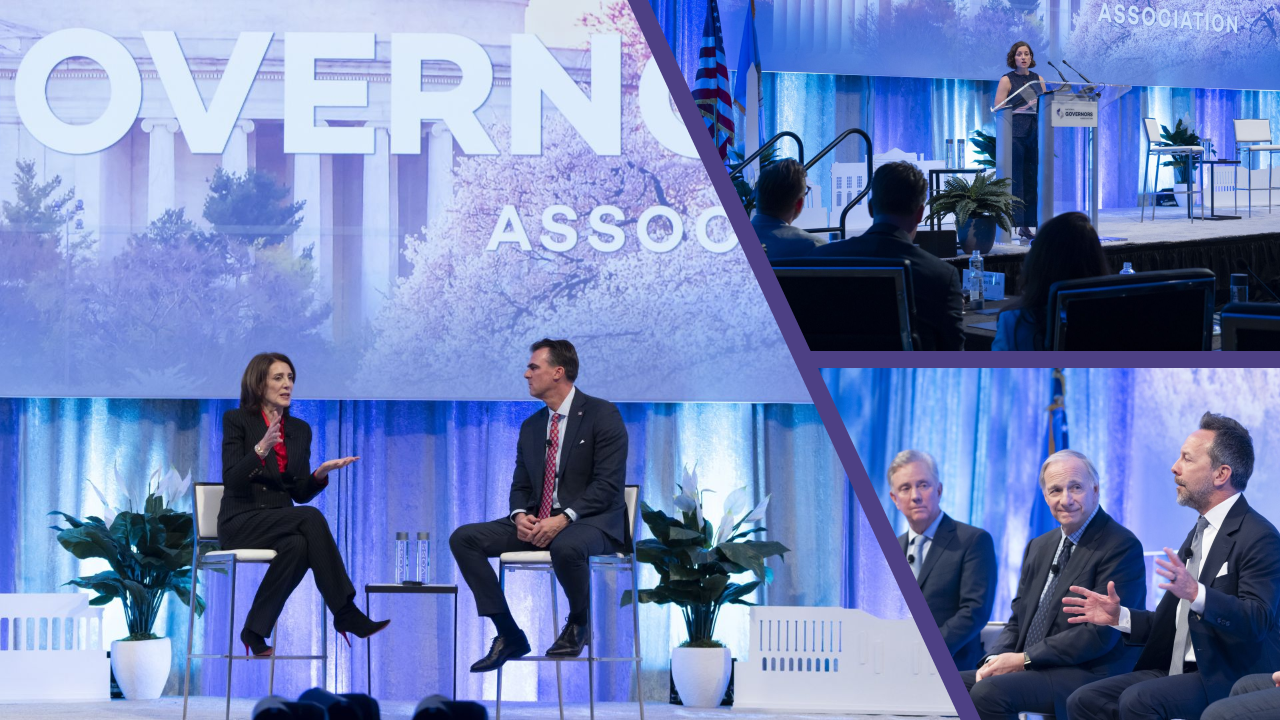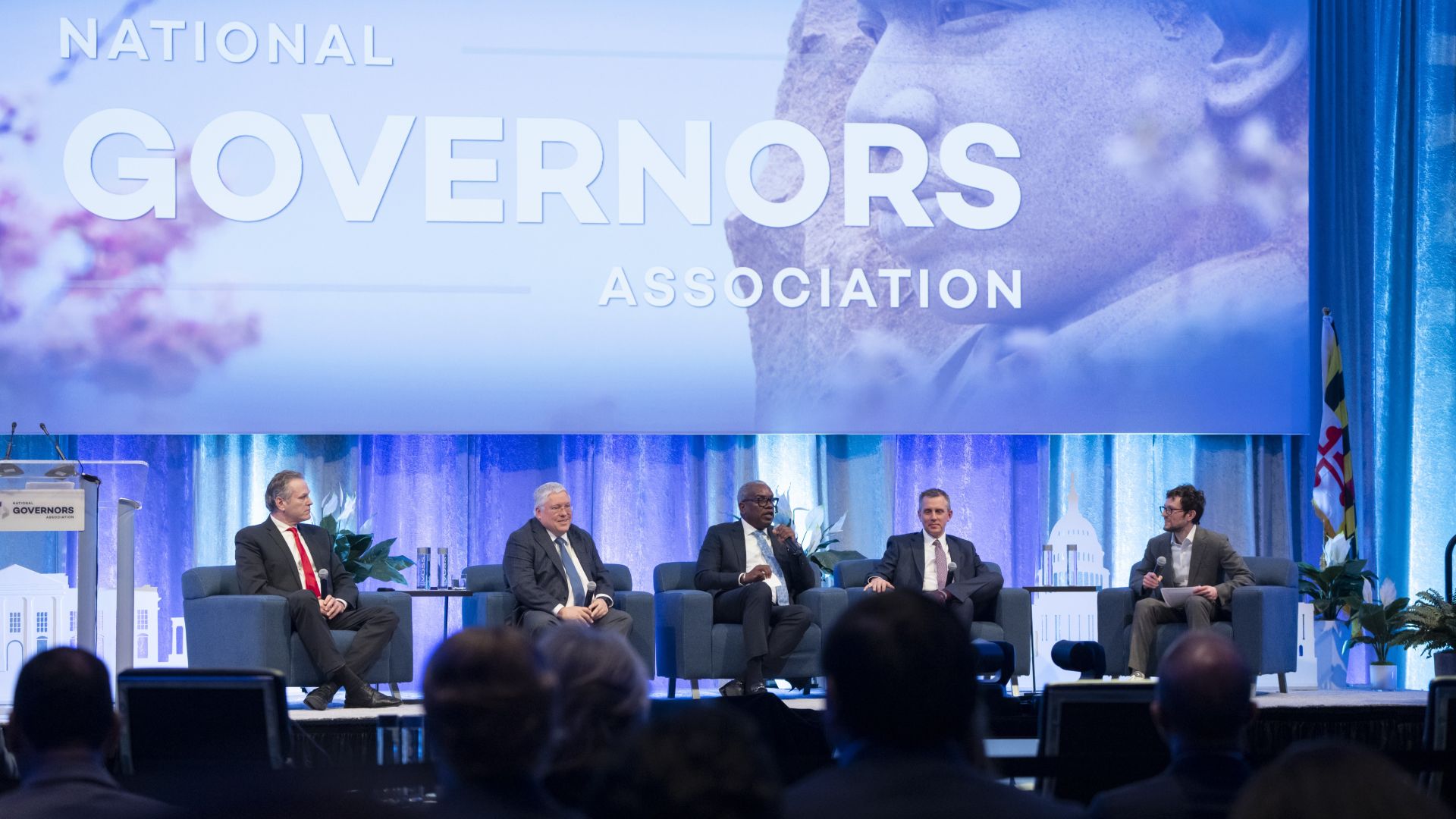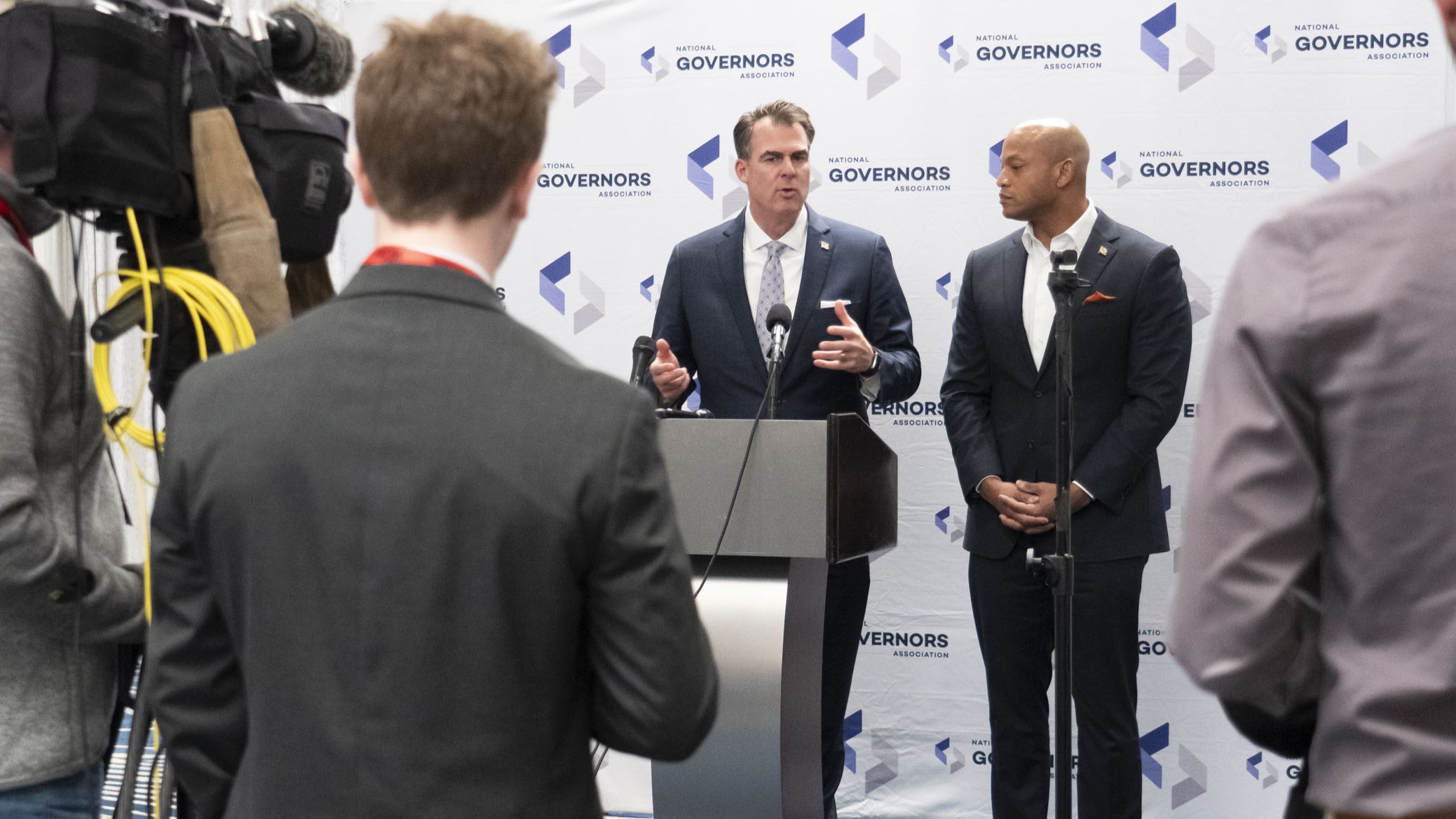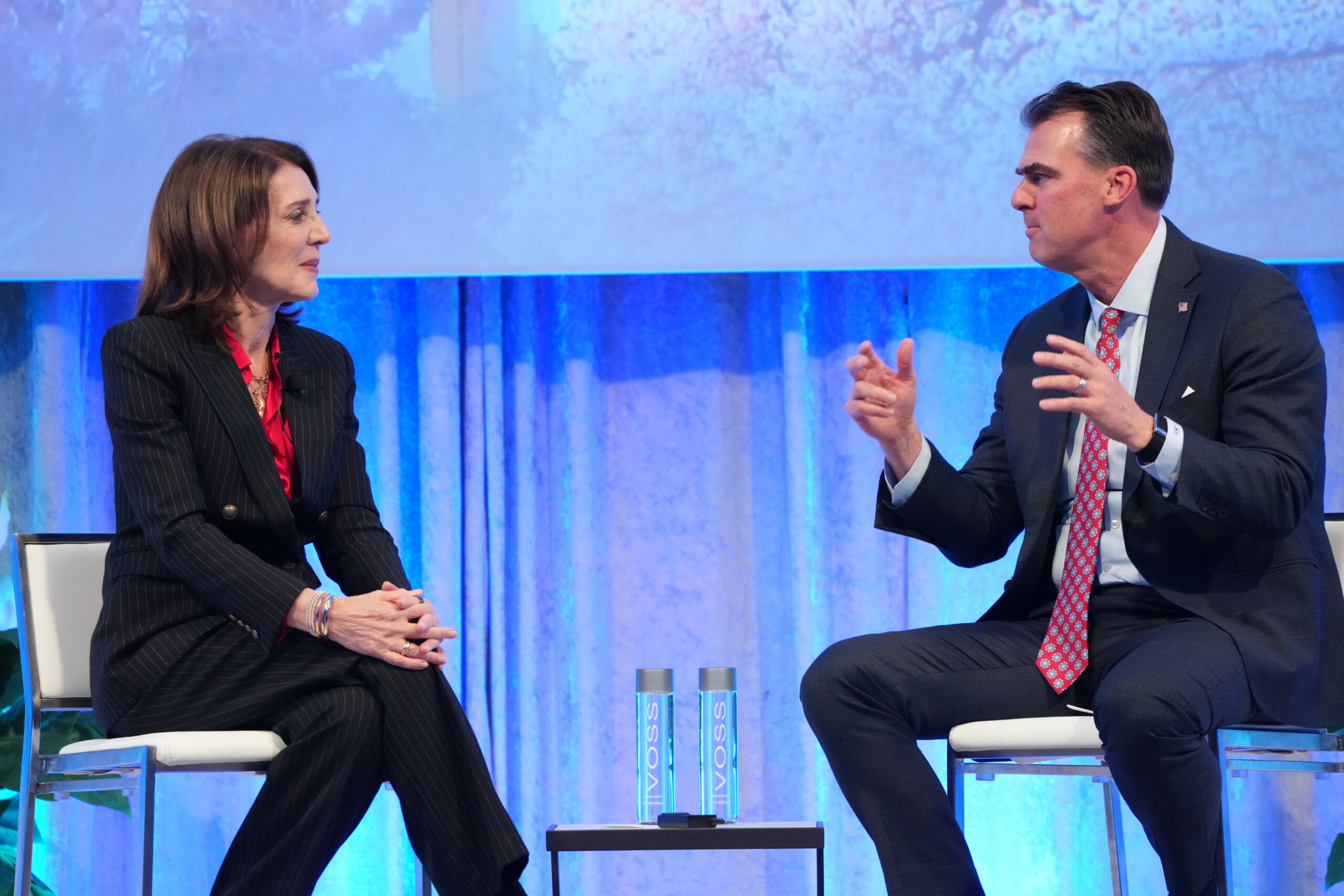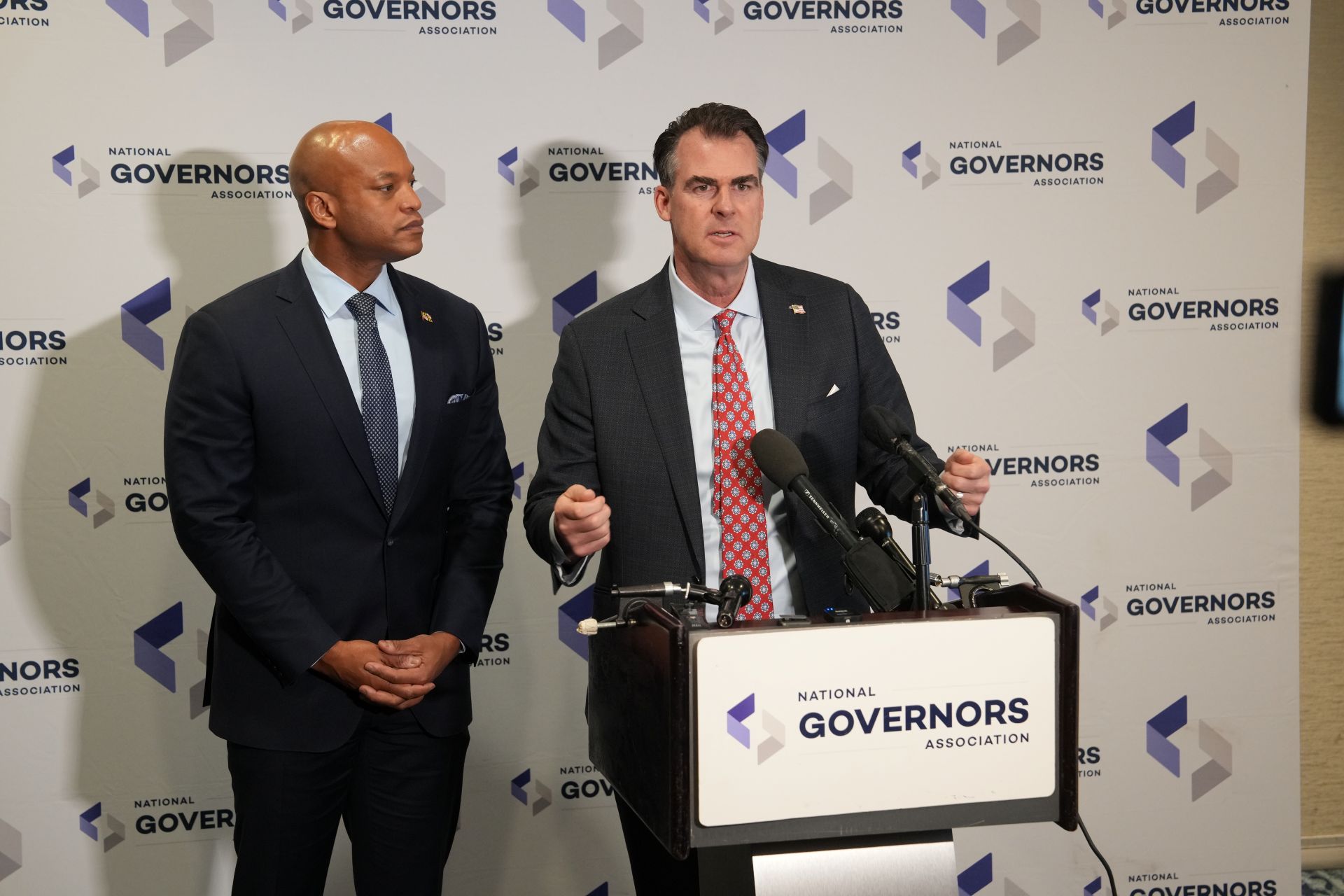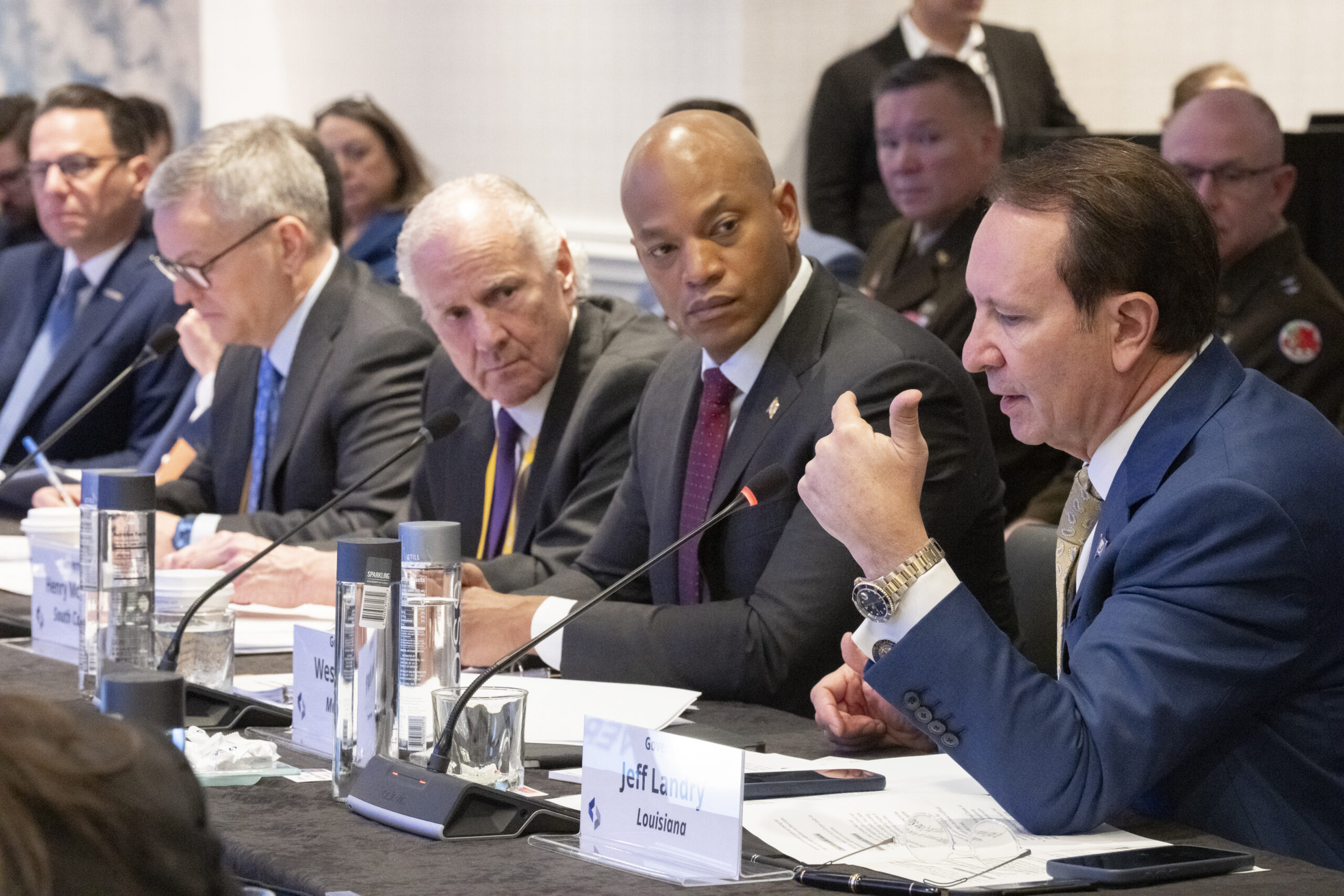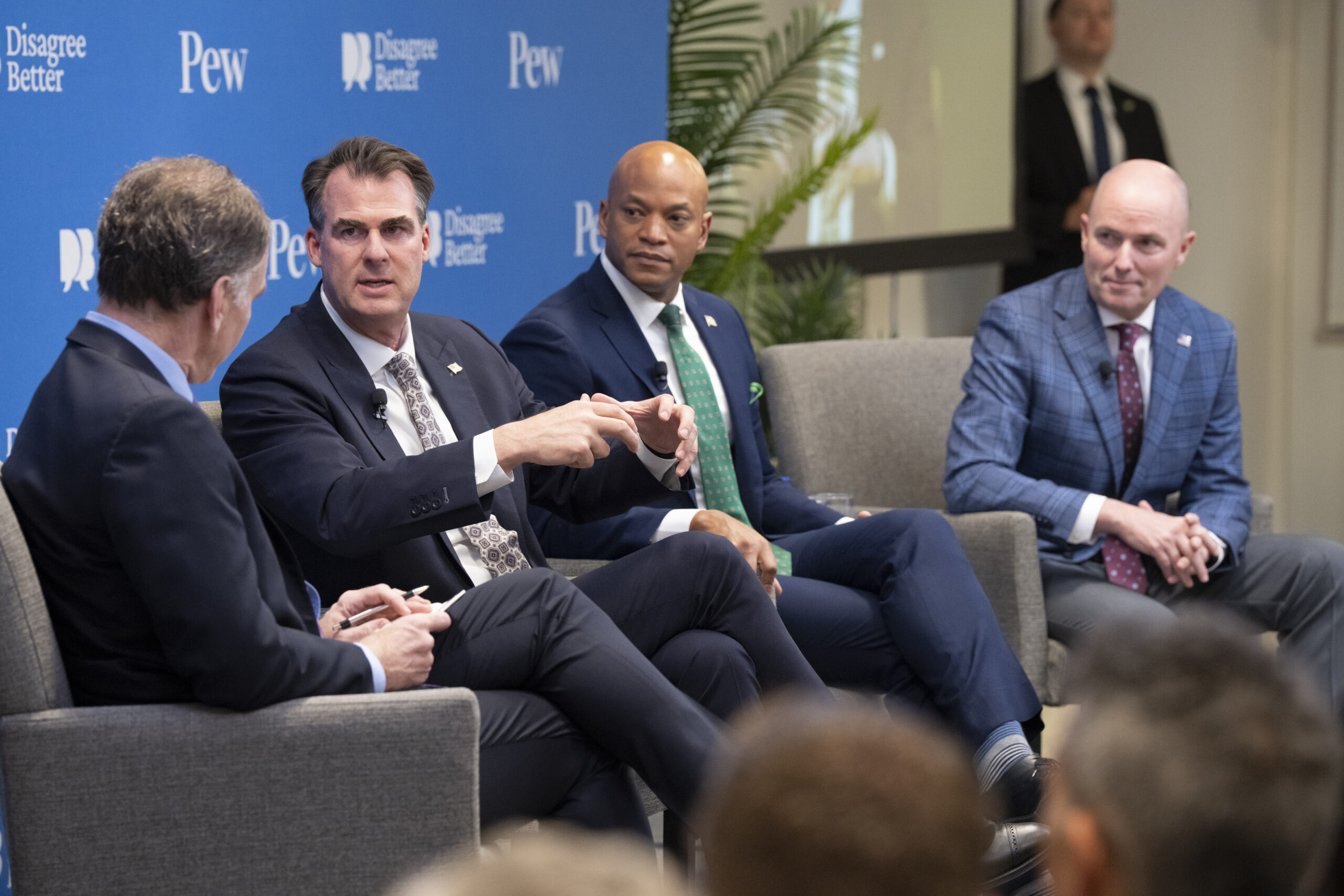January 28th, 2020 | Warwick, RI
Introduction
Rhode Island is pursuing rapid heat sector decarbonization and is interested in exploring ways to facilitate a successful transformation without exacerbating energy burdens. These efforts are guided by Governor Raimondo’s Executive Order 19-06 that requires the creation of strategies to foster a cleaner, affordable, and reliable heating sector in the Ocean State.
This retreat, set-up by the National Governors Association Center for Best Practices (NGA Center), in partnership with the state of Rhode island, convened state participants to understand technology pathways, think innovatively about a fuel-neutral utility business model, and proactively approach workforce development to meet the needs of a decarbonized heat sector. The retreat was dynamic and interactive to draw stakeholders into engaging discussions on how Rhode Island can be a leader in heating sector transformation.
Grid modernization is a complex issue that will require diverse perspectives to combat. By engaging with a wide array of experts and studying the best practices Rhode Island will be better prepared to build a cleaner, stronger and more cost-efficient energy grid. I look forward to collaborating with the NGA’s policy experts on productive, lasting solutions for Rhode Island.
Rhode Island Governor Gina Raimondo
Resources
Pathways for Heat Sector Modernization: Technology Options for Decarbonizing Heat
David Lis, Director of Technology & Market Solutions, NEEP
Decarbonizing Rhode Island Space Heating in a Managed Carbon Future
Dan LeFevers, Director, State and Consumer Programs, GTI
VRF Technology Overview / Carbon Free Heating
Vincent Matarazzo, VRF Regional Account Manager, Johnson Controls
The Road to a Cleaner Heating Sector: Workforce Strategies and Development
Roberta Fagan, Executive Director, Energy Marketers Association of Rhode Island
Sessions
Welcome, Introductions, and Meeting Goals
Members of the Rhode Island planning team and the NGA Center welcomed participants, provided background, and outlined the goals for the retreat.
- Linda George, Acting Administrator, Rhode Island Division of Public Utilities and Carriers
- Nicholas Ucci, Acting Commissioner, Rhode Island Office of Energy Resources
- Dan Lauf, Energy Program Director, NGA Center
Pathways for Heat Sector Modernization: Technology Options for Decarbonizing Heat
Decarbonizing the heating sector is key to Rhode Island meeting their carbon reduction goals. There are various technologies and strategies available to achieve this transition, including both individual home and district-style measures. This panel provided an overview of those options and discussed the relative feasibility and cost-effectiveness of these technologies in Rhode Island.
- Dr. Jurgen Weiss, Principal, The Brattle Group (Moderator)
- David Lis, Director of Technology & Market Solutions, NEEP
- Dan LeFevers, Director, State and Consumer Programs, GTI
- Vincent Matarazzo, VRF Regional Account Manager, Johnson Controls
Reimagining the Utility Business Model and Consumer Impact in an Electrified Future
Currently, National Grid Rhode Island serves as both the electric and gas distribution company for the majority of Rhode Island customers. Under the existing regulatory structure, National Grid relies on each utility’s customer base to separately fund maintenance and upgrades of each system. Panelists discussed potential regulatory avenues to address potential regulatory constructs if the heating sector were to shift away from gas, including cost recovery and strategies to mitigate consumer impacts.
- Matt Rogotzke, Policy Analyst, NGA Center (Moderator)
- Sherri Billimoria, Senior Associate, Rocky Mountain Institute
- Bill Malee, Vice President, Regulation and Pricing Officer, National Grid
- Jeff Loiter, Principal Researcher, National Regulatory Research Institute
Supporting the Workforce and Licensing Reforms Through Heat Sector Decarbonization
As the heating sector changes, workforce needs may change along with it. How can Rhode Island anticipate and address these potential disruptions to the existing workforce? Panelists discussed best practices that workforce leaders are employing to address shifting short- and long-term workforce needs, including topics like job retraining programs, licensing reforms, and apprenticeship opportunities.
- Emma Cimino, Senior Policy Analyst, National Governors Association (Moderator)
- Scott Jensen, Director, RI Department of Labor and Training
- Roberta Fagan, Executive Director, Energy Marketers Association of Rhode Island
- Steve Kitchin, Vice President, Corporate Education and Training, New England Institute of Technology
About This Meeting
The U.S. electric power system is evolving. Renewable energy generation has more than doubled since 2000 and smart meters are now in use by more than half of U.S. energy customers. Electric vehicle adoption is growing, as is the transition to home heating electrification. Meanwhile grid resilience is being challenged by aging infrastructure, more frequent and intense weather events and increasing physical and cyber threats.
In the face of these changes, governors are looking for solutions to update their state’s infrastructure. After a competitive application process, NGA worked with governor-designated teams from four selected states to advance one or more grid modernization objectives proposed by their governors.
Maryland Grid Modernization Retreat
Maryland is preparing for increased electrification, primarily electric vehicles (EVs), and is looking for ideas to incentivize EVs, while managing impacts on the electric grid. Participants discussed ways to achieve Maryland’s aggressive EV procurement targets, while mitigating grid impacts.
New Jersey Retreat on Advancing Vehicle-To-Grid Technologies
An exploration of strategies to implement vehicle-to-grid (V2G) technologies and policies in New Jersey, such as allowing vehicles to provide services to the electric grid like demand response, backup battery power, or frequency regulation.
New Mexico Grid Modernization Retreat
The New Mexico Grid Modernization Retreat explored strategies to implement New Mexico’s Energy Transition Act, which requires 100 percent zero-carbon electricity for utilities by 2045 and rural electric cooperatives by 2050. The retreat examined how to reach the targets in the Act with a modernized grid in the most affordable, reliable, and equitable way.



